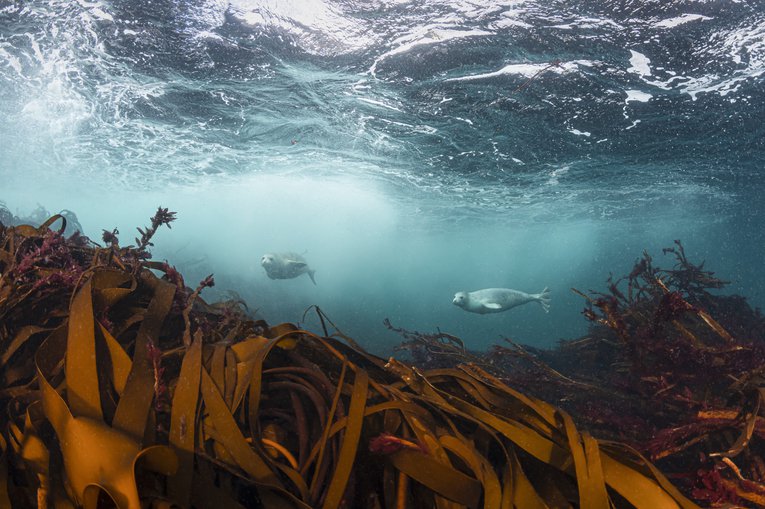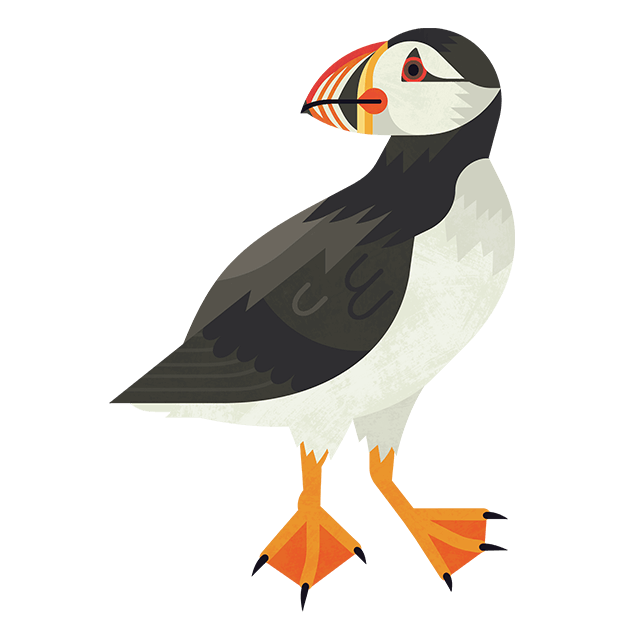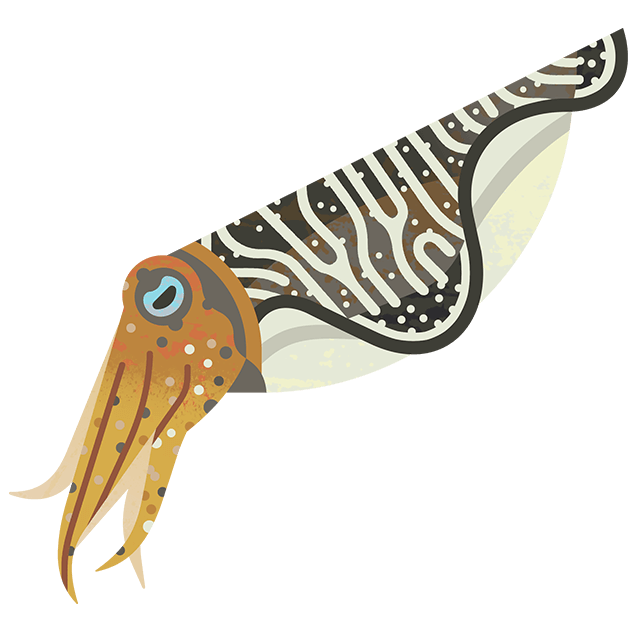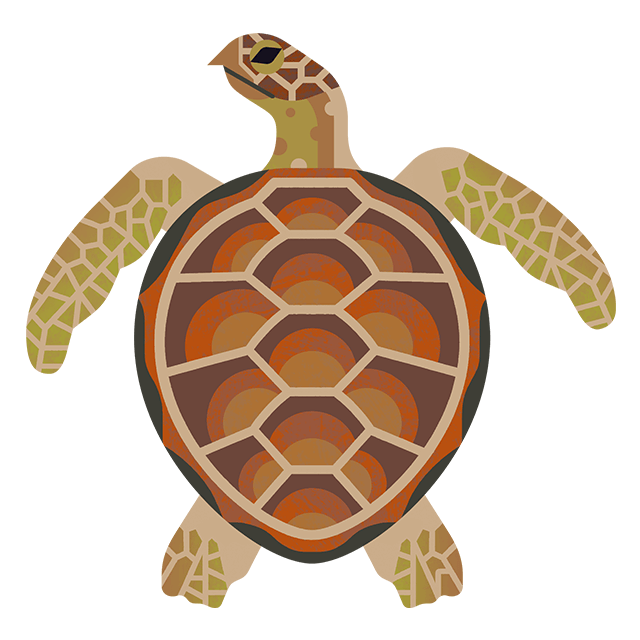
Big Seaweed Search Week: celebrating a seaside superstar
Seaweed is amazing stuff. It's not only good for the planet but it's used in millions of everyday products. We're excited to celebrate this ocean hero with the launch of our Big Seaweed Search Week.
The Marine Conservation Society and Natural History Museum Big Seaweed Search Week runs from 26 July to 1 August 2021, but our seaweed surveys can be submitted all year round, whenever you're at the coast.

What is the Big Seaweed Search?
This summer, we're asking beachgoers to undertake some citizen science in the form of a seaweed survey.
It's fun and easy to take part. Although there are more than 650 different seaweeds, we're focusing on just 14 of the most common UK species. Equipped with our seaweed ID guide, volunteers select a 5m section of coastline and note down the species they find. They then submit their results – complete with photographs – on our survey form, using a mobile, tablet or computer.
This vital information is shared with the Natural History Museum and Marine Conservation Society, who use the data to inform research on how the presence of different seaweed has changed over time due to environmental factors such as climate change.

Credit: Kirsty Andrews
What's so great about seaweed?
It may be a bit slippery, sometimes a bit slimy and tickle your legs when you're swimming, but seaweed is one of the world's great unsung heroes.
It's not only a rich source of nutrients and energy for animals such as crabs and sea urchins, but seaweeds also create critical habitats for other species, acting as nurseries for young fish and places where other sea creatures can take cover from predators.
What's more, this fast-growing ancient algae produces vast amounts of oxygen, absorbs carbon and has unique properties that can be used in cosmetics, fertiliser, emulsifiers, medicines and biofuels. It's a huge potential resource that remains virtually untapped.
Take our seaweed quiz
Do you know your know your dabberlocks from your bladder wrack? Test your knowledge with our seaweed quiz to find out if you're a novice or ninja. You might learn some surprising facts about seaweed along the way.
Why your data matters
Unfortunately, some species of seaweed are reported to be declining around the world. Taking part in the Big Seaweed Search will help map where these species are found, and this will provide a baseline from which to monitor change.
Professor Juliet Brodie, Merit Researcher at the Natural History Museum and Big Seaweed Search PI explains: “By taking part in Big Seaweed Search Week you’ll be helping to contribute to our ongoing scientific research into seaweeds.
Tell your friends
We want as many people as possible to get involved in our Big Seaweed Search. After all, the more data we gather, the more knowledge and influence we have to fight for the future of our seas.
Download our Big Seaweed Search social banner to share on your social channels using the hashtag #bigseaweedsearch. Don't forget to tag @mcsuk and @NHM_London too.

Justine Millard, Head of Volunteer and Community Engagement at the Marine Conservation Society, explains: “We’re hoping lots of people will join Big Seaweed Search Week this year as they head to the coast. We want people across the UK to learn about the wonders of seaweed and spread the word!"









